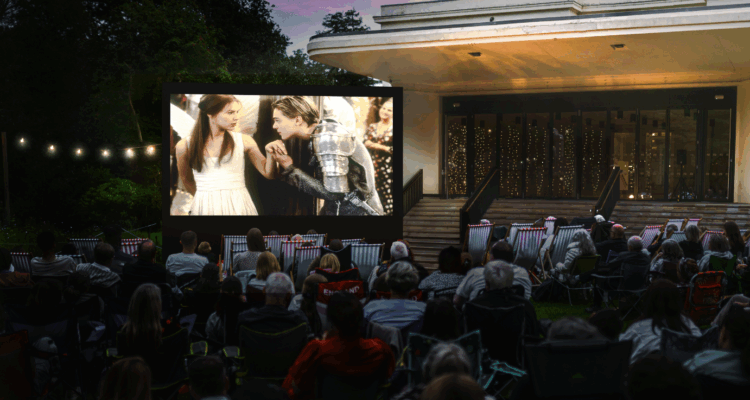The Rise and Rise of Bibliotherapy
Carly Townsend is a third year English Language and Literature student at the University of Liverpool.
The French philosopher Charles De Secondat asserted that "I've never known any trouble that an hour's reading didn't assuage". Whilst the more cynical amongst us may need more than an hour to assuage our troubles, few people can dispute the deeply satisfying, comforting feeling of well-being that comes over us when re-reading a favourite book, whether it be Charlie and the Chocolate Factory or Great Expectations.
Regular readers of this blog will be familiar with the exceptional community work carried out by The Reader Organisation in terms of its Get Into Reading groups. These aim to bring improved physical and social health to a range of people, from local children to patients confined to a stay in hospital, through the reading of and engagement with various texts. Over the past couple of weeks I have been pleasantly surprised to find that this practice of what is now commonly termed bibliotherapy is not confined to the great efforts of Jane Davis and others at The Reader Organsiation, but can be found in many different and sometimes unexpected forms across the country. These various bibliotherapy initiatives aim to improve not just physical health but also to promote social inclusion and psychological happiness.
It can often seem an impossibility to reconcile the aims of big business with concern for individuals. However, HarperCollins and Macmillan, two of Britain's best-known publishers, have done just that. HarperCollins' initiatives include the funding of resources and teacher training for four Ghanaian schools and, closer to home, the promotion of reading schemes and student mentoring in both Hammersmith and Glasgow. Similarly, Macmillan staff also promote reading schemes in the local community.
Coffee addicts will be thrilled to hear that they can now splash out on their daily fix at Starbucks guilt free, safe in the knowledge that the company is promoting literacy as well as lattes, and for the last four years has hosted the Bookdrive in partnership with the National Literacy Trust, a campaign where books are donated by publishers and Starbucks' employees and customers, then re-distributed amongst local children. The company also works with the National Literacy Trust on the All Books for Children programme, aimed at promoting books to children aged 0-4 years old. Anyone who knows an excitable small child will certainly appreciate the intrepid nature of the latter undertaking!
Continuing with the coffee house theme, I was particularly impressed to hear of the launch in February 2008 of Costa Coffee's Liverpool Poetry Cafe. In addition to acting as a venue for readings and events, a community board in the store invites customers to post ideas for future events, give feedback on past ones, or simply share a favourite poem.
It is this promotion of social inclusion and two-way participation that for me seems to embody the spirit of bibliotherapy. In his January article for The Guardian regarding bibliotherapy Blake Morrison pointed out that figures as early as Aristotle and Plato recognised the therapeutic and empowering capabilities of books. It is reassuring to discover that these capabilities are still valued today, with the efforts of individuals and companies alike ensuring that the rise of bibliotherapy shows no sign of slowing down. That can only be good news for those of us with troubles still to assuage.
By Carly Townsend
Share
Related Articles

Shared Reading in Wirral Libraries: ‘As a kid people read stories to you but as an adult you lose that – and it’s a fantastic thing to do!’
Two Strategic Librarians for Wirral Libraries, Kathleen McKean and Diane Mitchell have been working in partnership with the UK’s largest…

Open Air Cinema FAQ’s
If you were able to snap up tickets to our brand new Open Air Cinema, check below for any queries…

New Liverpool open air cinema brings movies to the Mansion
NEW FOR 2025: Eight handpicked films will hit the big screen in Calderstones Park this summer as national Shared Reading…


